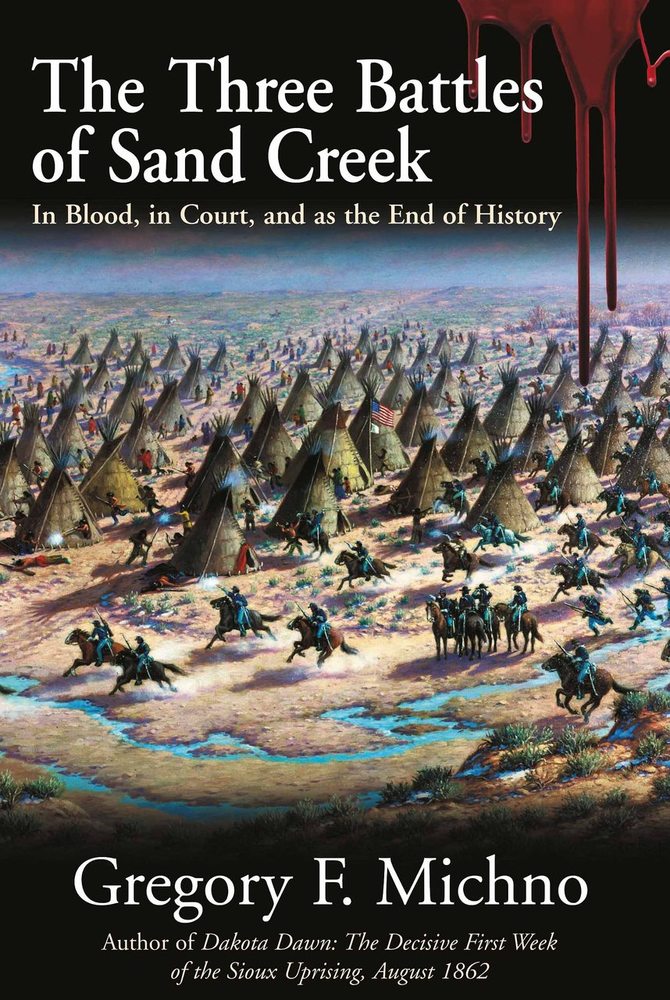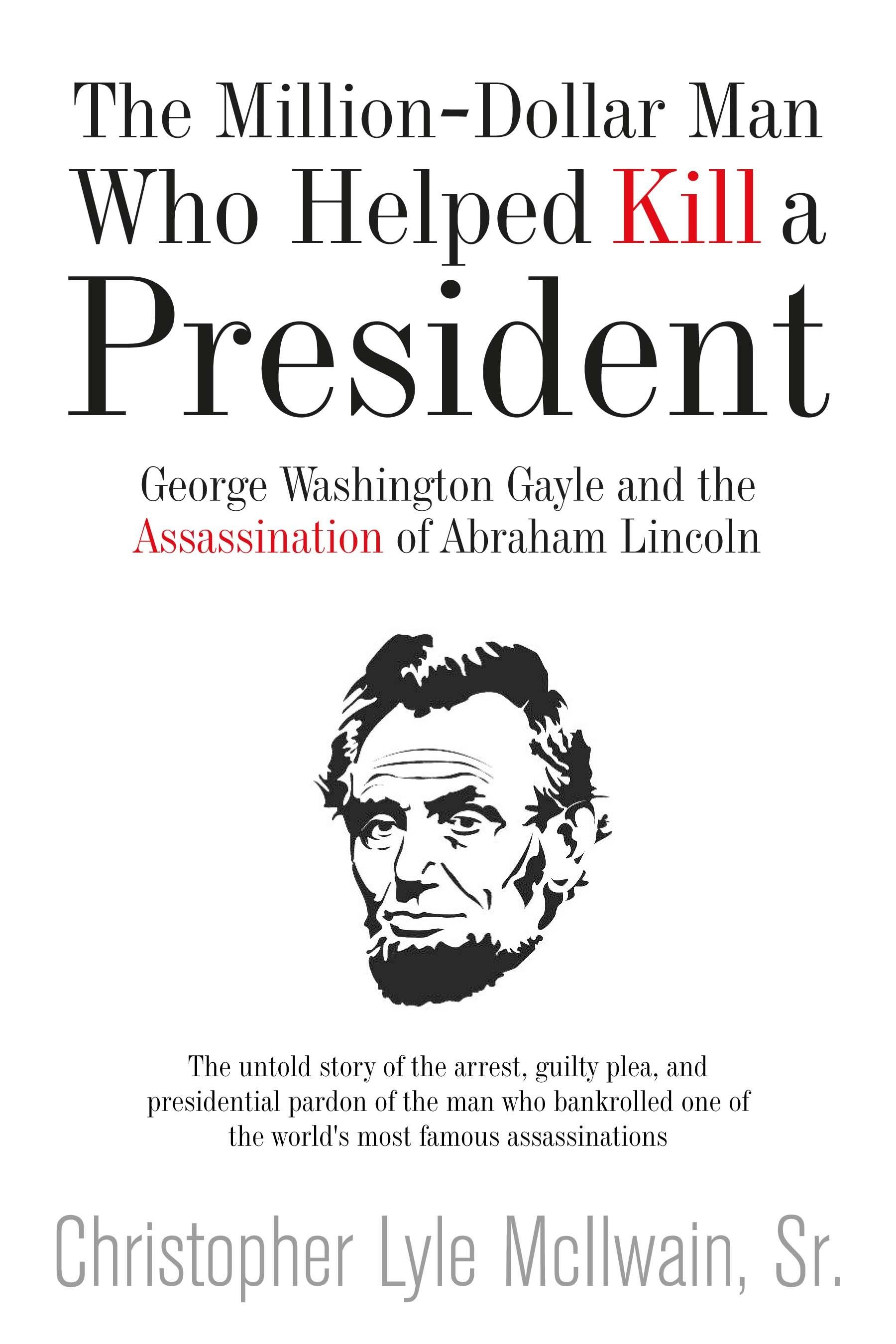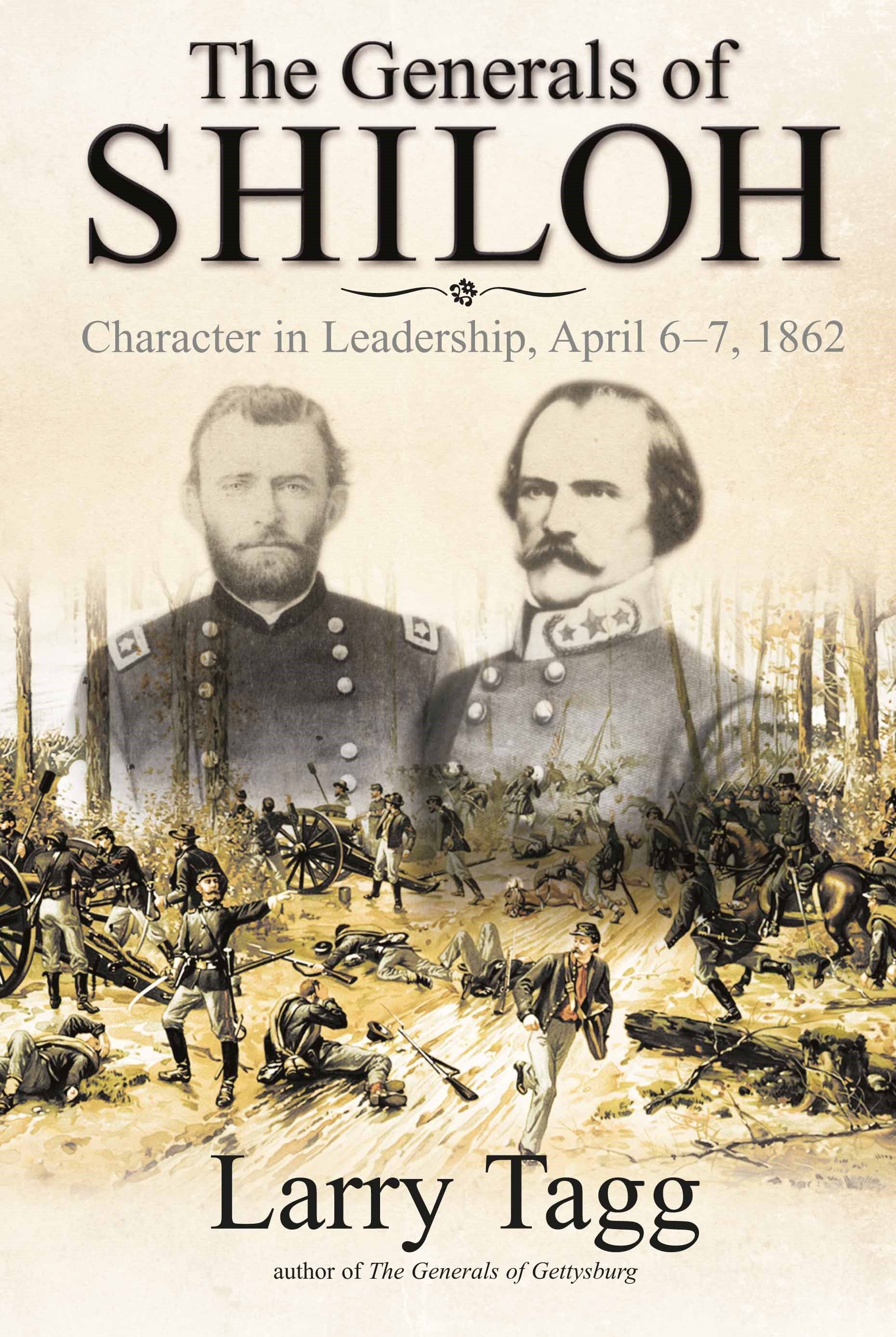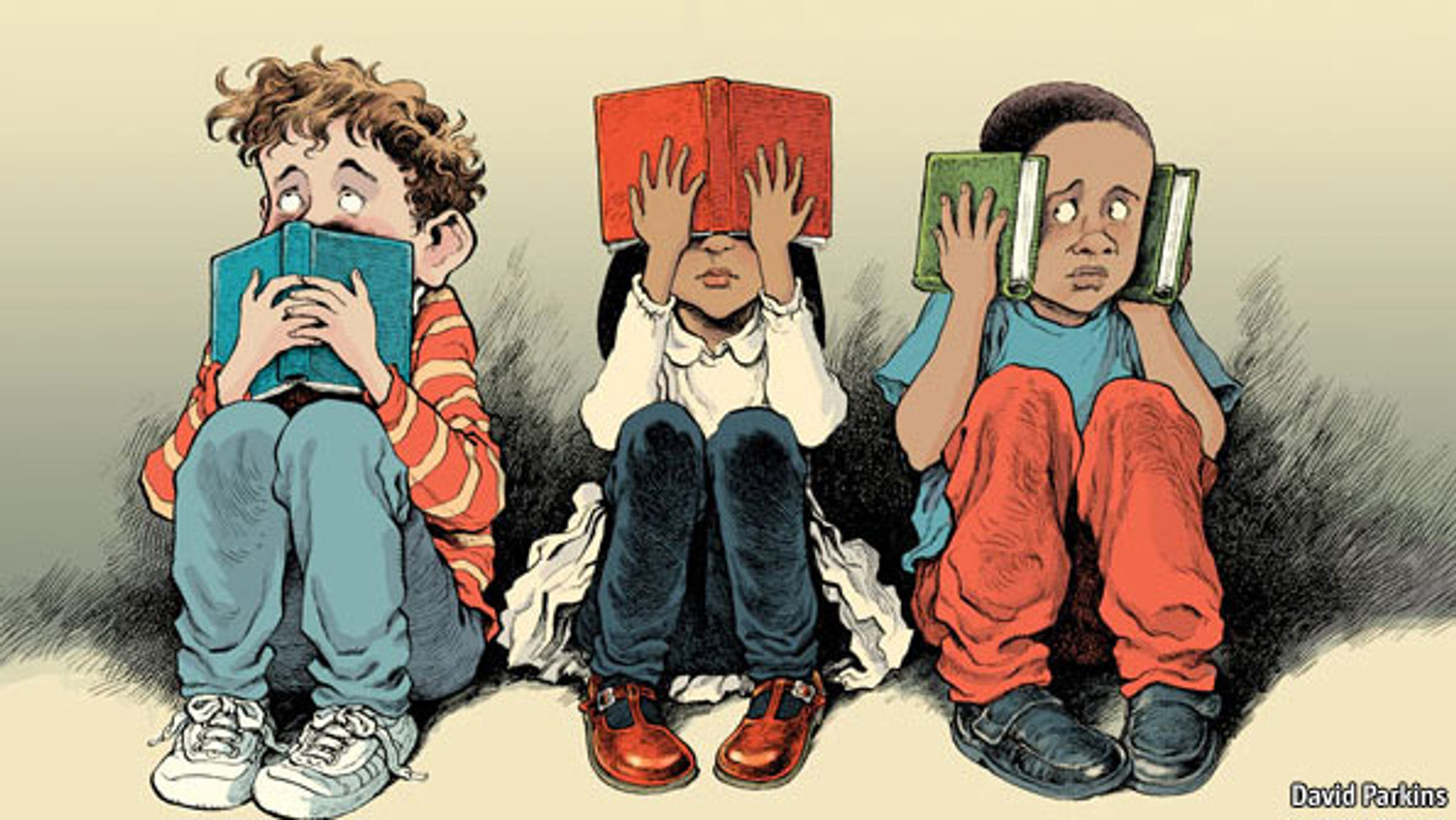Because Savas Beatie seeks books with new perspectives on old events, it’s no surprise that some original thesis ideas generate controversy.

A book with such a new perspective is not always easy to read or to put on the shop shelf. That perspective might run counter to prevailing views on the event, might spark doubt and debate about what really happened, what we should think.

Just as so many historical parks now give the title of Interpreter to their historians and rangers, so do many history books present interpretations of history to their readers.
When a book presents footnotes, bibliography, and index that demonstrate a respectable depth and breadth of research, that’s a sign the book’s interpretation merits consideration. When the writing shows clarity and logical progression to its conclusion, that’s another sign the book belongs on the shop shelf and then in the reader’s library.
Calling on accounts nationwide has shown me that if a book seems too out of step with the prevailing view, some shops adamantly decline the book while other shops eagerly order the book.

Those who decline may say the book confuses history while those who order say the book expands the discussion of history.
I suppose the question is whether readers of history want more than bare, familiar facts. Do they also want newly found facts, and do readers want to be challenged to view facts from plausible new perspectives?
Fact, logic, viewpoint. 'Tis a mystery.

